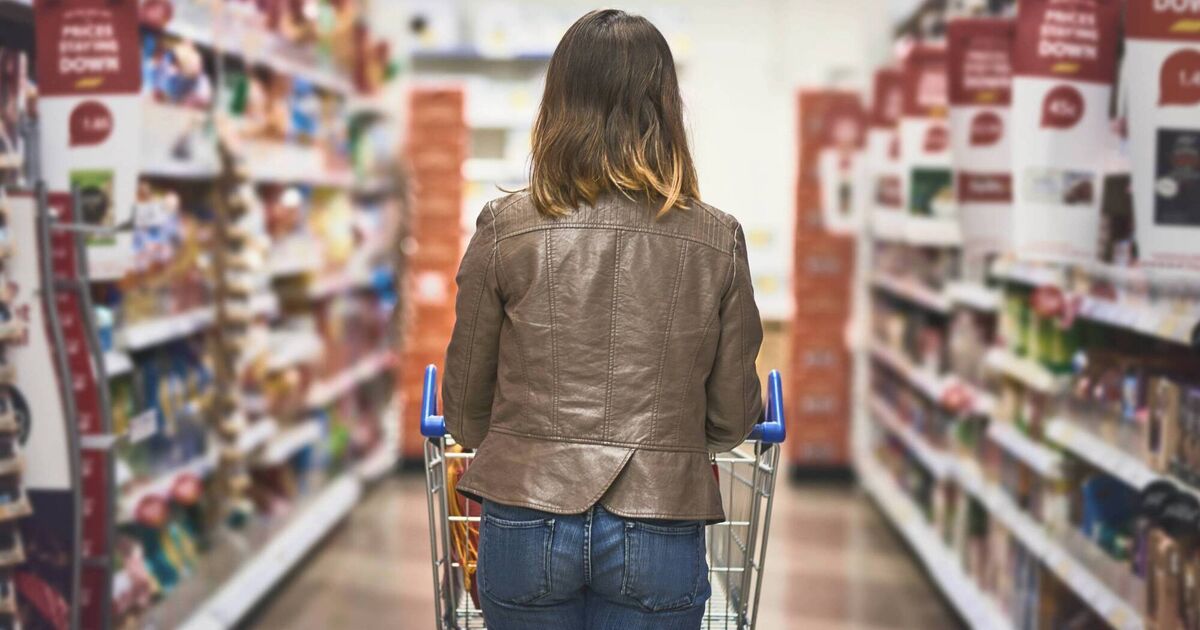Inflation across the eurozone held steady at 2% in July despite an increase in the cost of food and alcohol, as well as services, new data from Eurostat shows.
According to the data, last month food, alcohol, and tobacco prices across the EU increased by 3.3%, with the cost of services increasing by 3.2% compared to last year. Energy prices on the other hand declined by 2.4% compared to last year.
Eurostat said each of these areas contribute in varying degrees to the headline inflation. Services is the largest component, accounting for around 45.7% of household spending in the euro area. It is followed by non-energy industrial goods with around 25.6%.
Food, alcohol, tobacco as well as energy account for 19.3% and 9.4%, respectively. They can have significant impacts on the headline inflation as their prices tend to fluctuate significantly more than the other components.
Eurostat measures inflation using the Harmonised Indices of Consumer Prices, which is different from the Consumer Price Index used by the Central Statistics Office, but allows for a comparison in prices across the EU.
The European Central Bank (ECB) is due to meet again next month in order to discuss inflation, the ongoing economic outlook and whether further interest rate cuts are justified.
The current rate of inflation is right on the ECB’s medium-term target making a rate cut unlikely. However, there are concerns that the ongoing trade issues with the US will cause the EU economy to slow down.
